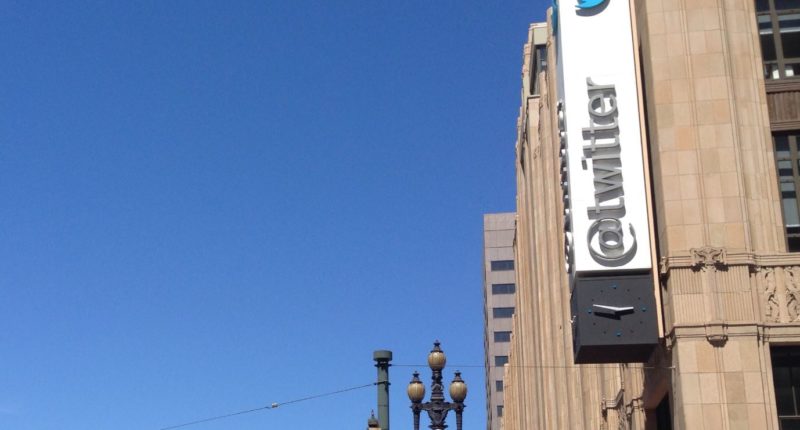After the farmers protest took on a somewhat ugly turn on 26 January, the government has clapped down on protestors and tried to oversee the news circulating around the same. Twitter was already receiving notice after notice from the government, regarding removing tweets and accounts that allegedly circulated fake news and aggravated the situation. Now, YouTube is also receiving similar requests from the government. It looks like these platforms have finally caved in, and decided to comply with the demands from the government to avoid persecution.
The IT industry had warned the platforms that if they do not comply with the request, then legal actions could be taken against them.
Now, Twitter has taken down about 500 accounts from its platform, while YouTube has removed a couple of songs that were made in response to the current protests.
A few days earlier Twitter had received a list of around a thousand accounts that the government had demanded to be banned or removed. It was claimed that these accounts were posting inflammatory tweets and content using the #ModiplanningFarmergenocide, and the users were sourced from Pakistani and Khalistani supporters.
This was after Twitter had banned and then soon restored 200 accounts, also due to the government’s request. Twitter and IT ministry were at a sort of crossroads over the removal of these accounts, but now the tension seems to be reducing, as Twitter has complied and banned or removed content from nearly half of the requested accounts
YouTube has had a history of trying to remain out of controversies, and a spokesperson also said that they try to comply with valid and legal government requests as soon as possible. Two Punjabi songs regarding the farmers protest were circulating on this video sharing platform and were critical of the government policies. These songs are called Ailaan(proclamation) by singer Kanwal Grewal and Asi vadangey (We will break you) by Himmant Sandhu. Both these sings were taken down from the platform a few days earlier, after they had received millions of views.
The song Ailaan was critical of the farm laws and expressed the views that decisions regarding their crops will be taken by the farmers themselves. Asi vadangey speaks about the farmers protecting their lands, and the alleged insensitivity of the government towards them. It warns the officials not to enter their lands, or they would be broken. The government believed that these songs promoted violence and enmity, while singers-who are active in the protest either ways- claimed, that if there was any such aggression in their songs, then YouTube would not have released them in the first place. Grewal said that taking down their songs would not kill their appeal, and that the message will remain immortal within the farmers.
These steps have once again triggered international outrage. Recently, an advertisement regarding the protest was showcased in the States’ Sunday Super Bowl, something which was criticized by the Indian government and media alike, as it showed solidarity with the famers, and criticized the authorities.
These actions have started the debate on social media platforms, censorship and responsibility online yet again, a debate which will continue till the end of times.
The Tech Portal is published by Blue Box Media Private Limited. Our investors have no influence over our reporting. Read our full Ownership and Funding Disclosure →






